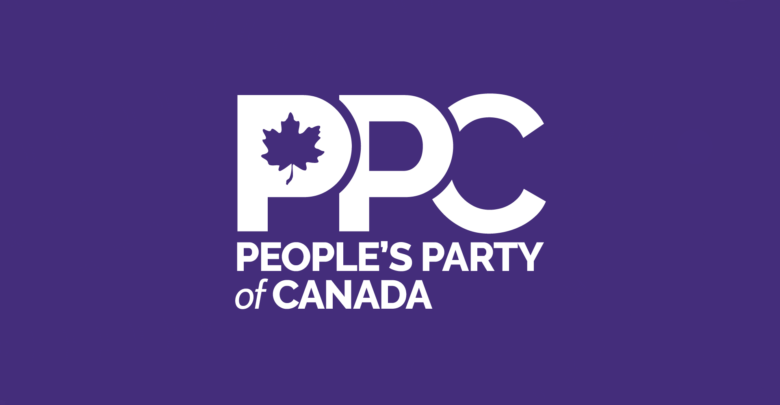Could The PPC Be Poised To Earn Their First Seat In Parliament?
With support around the world gaining traction for tough right-wing politics could Canada's own firmly right-wing party be poised for a big win this election?
They get labeled as “far-right” by pundits and analysts. Parties like the People's Party of Canada, Reform in the UK, Alternative für Deutschland (Germany), and National Rally in France, to name a few. They all share a firmer belief in right-wing political ideology and have all enjoyed a surge of success in recent elections. So, one might wonder if perhaps Canada’s PPC might be next.
What is the far-right?
Calling them far-right is technically correct, as they tend to be a bit more right than the typical centrist conservative parties. When these labels are applied, however, they’re probably meant to elicit comparisons to Nazi Germany or Mussolini. As usual, the truth is actually somewhere in the middle.
We could do a comparison of these parties to the National Socialist German Workers' Party, but instead, let’s look at a slightly less known example: The British Union of Fascists (BUF). The party was created in England around the same time as the Nazi Party and was later banned. Without going into too much detail, key components of their platform where that they were ultra-nationalists, opposed to immigration, and supported state-controlled corporatism, authoritarianism, and social conservatism (we’ll ignore anti-Semitism for the purposes of this discussion).
Sounds similar to our current “far-right” parties, doesn’t it? This is where the comparisons come from. While they may share some similarities in beliefs, their methodology is vastly different. The BUF had a paramilitary wing, the Blackshirts, inspired by similar groups in Nazi Germany and Italy at the time. They believed that their cause was paramount and worth sacrificing the rights of the people to achieve their goals. They would use violence and intimidation to ensure success. This contrasts greatly with parties like the PPC, who advocate for personal liberties and freedoms.
In essence, a truly “far-right” party wouldn’t be able to function within the law of any present democratic nation.
The PPC and politics in Canada
Canada currently finds itself in a very divided state. Our neighbors to the south haven’t been very helpful, especially with their threats of annexation and the economic pressure they are applying. The people of Canada are struggling as well, and more and more people seem to be taking notice as their own situations worsen.
The incumbent Liberal Party of Canada (LPC) seems to understand this and has pivoted greatly during their campaign, attempting to come back closer to the center. They’ve been adopting more traditionally right-wing policies, so much so that some analysts seem to believe that, from a policy perspective, they’re virtually indistinguishable from their conservative counterparts.
The Conservative Party of Canada (CPC), the center-right party in Canada, seems to be in shambles according to the polls. They’ve gone from leading by double digits in the polls to trailing by double digits. Whatever the reason, polls have Canadians shedding support for the Conservatives in droves.
So, does this help the PPC? Maybe. It’s certainly possible that conservative supporters are shifting from the CPC to the PPC. But a more realistic possibility is support from the new voters that this election is likely to bring in—people who previously weren't greatly affected by who was in government but are now experiencing some degree of hardship. The people who are noticing now that Trump and the U.S. don’t seem quite as friendly as before. The people noticing that their neighborhood isn’t quite as safe as it used to be.
Canada has never been as far off from the status quo as it is now. If the mainstream parties continue to offer status-quo solutions, maybe voters will decide to support a different kind of party—like the PPC.


